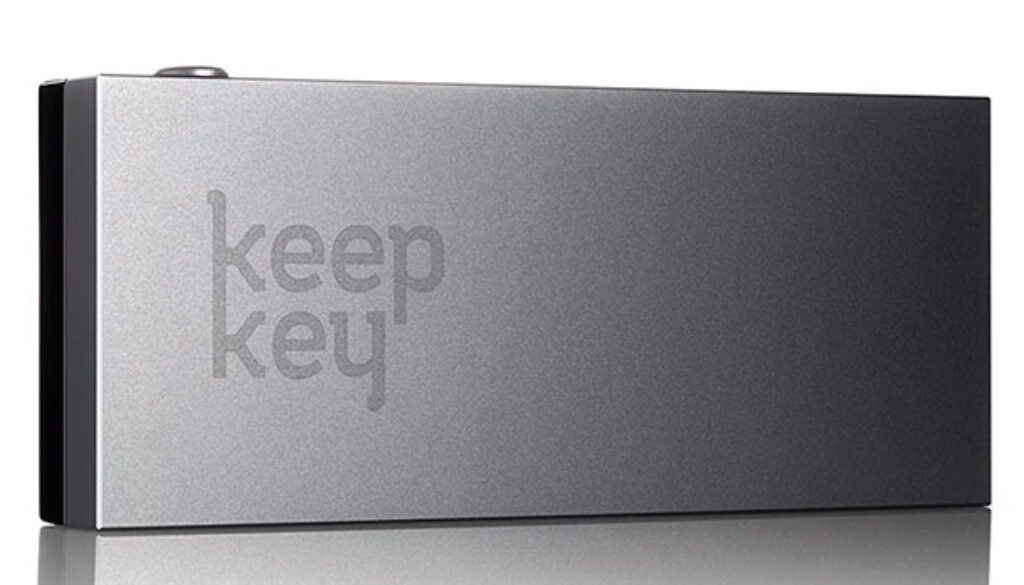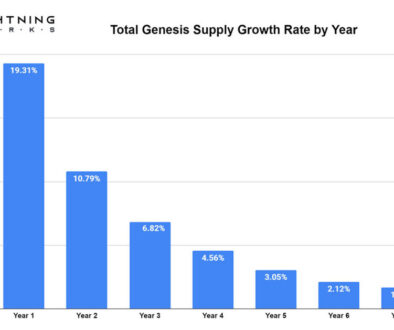Cryptocurrency Hardware Wallets: A Comprehensive Guide to Security and Convenience in 2024
In the fast-evolving landscape of NFTs and cryptocurrency, security remains a paramount concern for investors and enthusiasts alike. As digital assets, whether NFT comics or otherwise, continue to gain mainstream adoption, the need for robust solutions to safeguard these assets becomes increasingly critical. Among the various options available, hardware wallets have emerged as a preferred choice for many individuals seeking a balance between security and accessibility.
Introduction to Hardware Wallets
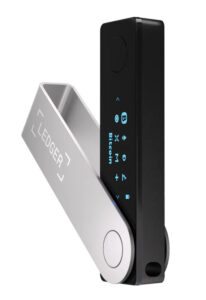 A hardware wallet is a specialized device designed to store private keys securely offline, away from the vulnerabilities associated with internet-connected devices. These devices offer a tangible solution to the inherent risks of storing cryptocurrency keys on computers or mobile devices, which are susceptible to malware, hacking, and phishing attacks.
A hardware wallet is a specialized device designed to store private keys securely offline, away from the vulnerabilities associated with internet-connected devices. These devices offer a tangible solution to the inherent risks of storing cryptocurrency keys on computers or mobile devices, which are susceptible to malware, hacking, and phishing attacks.
How Hardware Wallets Work
Hardware wallets operate by generating and storing private keys within the device itself. When a user initiates a transaction, the device signs the transaction using the private key, ensuring that the key never leaves the device. This process, known as cold storage, provides an additional layer of security by keeping the private keys offline and inaccessible to potential attackers.
Benefits of Hardware Wallets
Enhanced Security
The primary advantage of hardware wallets is their superior security features. By keeping private keys offline, these devices effectively mitigate the risk of remote hacking or unauthorized access. Even if a user’s computer or mobile device is compromised, the private keys remain safely stored within the hardware wallet, inaccessible to cybercriminals.
Protection Against Malware
Malware poses a significant threat to cryptocurrency holders, as it can covertly intercept sensitive information, such as private keys, from infected devices. Hardware wallets offer protection against this threat by isolating the storage of private keys from potentially compromised devices. Since transactions must be confirmed physically on the device itself, malware on a computer or smartphone cannot tamper with the transaction process.
User-Friendly Interface
Despite their advanced security features, hardware wallets are designed to be user-friendly, even for individuals with limited technical expertise. Most devices feature intuitive interfaces and straightforward setup procedures, allowing users to manage their cryptocurrency holdings with ease. Additionally, many hardware wallets support multiple cryptocurrencies, providing users with flexibility and convenience. LightningWorks has partnered with LetsGo to provide the world’s easiest crypto/NFT wallet, known as DiviGo.
Portability and Durability
Hardware wallets are compact, portable devices that can be easily carried in a pocket or bag. Unlike traditional forms of cold storage, such as paper wallets or encrypted USB drives, hardware wallets are built to withstand physical wear and tear. This durability ensures that users can access their cryptocurrency holdings securely, even in demanding or adverse conditions.
Backup and Recovery Options
To safeguard against the risk of loss or damage, hardware wallets typically offer backup and recovery options. These features allow users to create encrypted backups of their wallets, which can be used to restore access to funds in the event of theft, loss, or hardware failure. By following recommended backup procedures, users can maintain peace of mind knowing that their cryptocurrency assets are protected against unforeseen circumstances.
Best Hardware Wallets in 2024
1. Ledger Nano X
 The Ledger Nano X is a popular choice among cryptocurrency enthusiasts, renowned for its robust security features and wide range of supported cryptocurrencies. With Bluetooth connectivity and a mobile app for convenient access, the Nano X offers a balance between security and accessibility.
The Ledger Nano X is a popular choice among cryptocurrency enthusiasts, renowned for its robust security features and wide range of supported cryptocurrencies. With Bluetooth connectivity and a mobile app for convenient access, the Nano X offers a balance between security and accessibility.
Pros:
- Bluetooth connectivity for mobile access
- Support for over 1,500 cryptocurrencies
- Intuitive user interface
Cons:
- Relatively higher price point compared to other models
- Limited storage capacity for apps
2. Trezor Model T
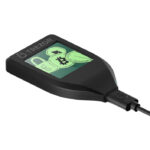 Trezor Model T is another top contender in the hardware wallet market, known for its open-source design and emphasis on security. Featuring a touchscreen interface and passphrase encryption, the Model T offers advanced protection against unauthorized access and tampering.
Trezor Model T is another top contender in the hardware wallet market, known for its open-source design and emphasis on security. Featuring a touchscreen interface and passphrase encryption, the Model T offers advanced protection against unauthorized access and tampering.
Pros:
- Open-source firmware for transparency and community scrutiny
- Passphrase encryption for enhanced security
- Intuitive touchscreen interface
Cons:
- Slightly bulkier design compared to other models
- Limited cryptocurrency support compared to competitors
3. KeepKey
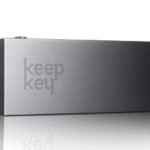 KeepKey distinguishes itself with its sleek design and emphasis on simplicity. With a large display and minimalist interface, KeepKey appeals to users seeking a straightforward yet secure solution for managing their cryptocurrency holdings.
KeepKey distinguishes itself with its sleek design and emphasis on simplicity. With a large display and minimalist interface, KeepKey appeals to users seeking a straightforward yet secure solution for managing their cryptocurrency holdings.
Pros:
- Large display for improved visibility
- Streamlined interface for easy navigation
- Integration with popular wallet software, including Electrum and MyEtherWallet
Cons:
- Limited cryptocurrency support compared to other models
- Higher price point compared to similar devices
Conclusion
In conclusion, cryptocurrency hardware wallets offer a compelling solution for safeguarding digital assets in 2024 and beyond. With their advanced security features, user-friendly interfaces, and portability, these devices provide a practical means of protecting your NFT Comics against the inherent risks of online transactions. While each hardware wallet has its unique features and drawbacks, the overarching benefits of enhanced security and peace of mind make them a valuable investment for anyone involved in the world of cryptocurrency. As the cryptocurrency ecosystem continues to evolve, hardware wallets are likely to remain a cornerstone of digital asset security, empowering users to take control of their financial future with confidence.
As with any investment or financial decision, it’s essential to conduct thorough research and consider individual needs and preferences before selecting a hardware wallet. By prioritizing security, usability, and compatibility with desired cryptocurrencies, users can make informed choices that align with their long-term goals and priorities in the ever-changing landscape of cryptocurrency.

